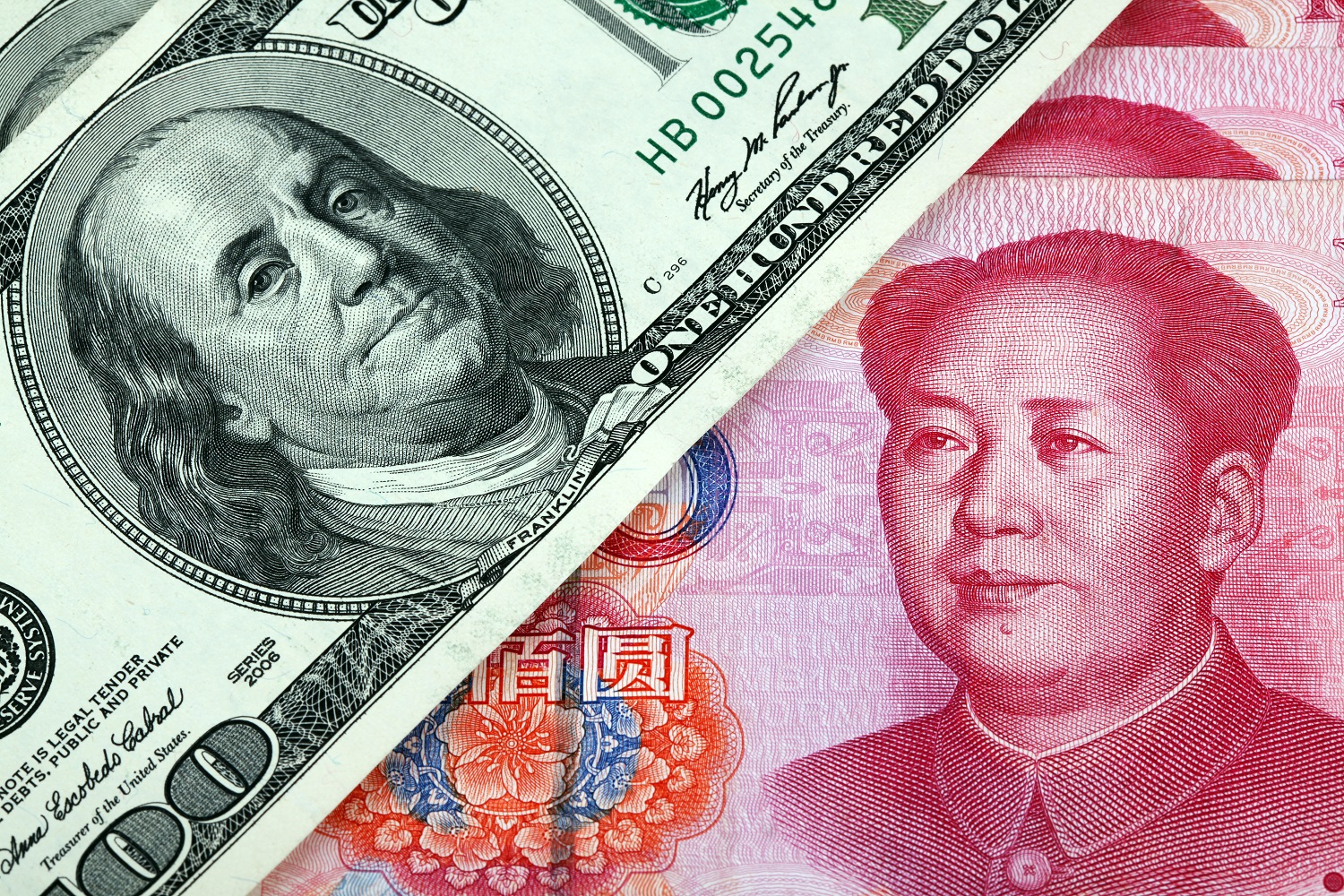Having analyzed the debate over globalization and labor standards for some years now, I was not in the least surprised by the recent revelations about dangerous and unfair labor practices at Apple’s supplier factories in China. Like many other brand-name companies, Apple has a code of conduct for its suppliers and it responded to the allegations of abuses by stepping up audits of factories in its supply chain. But does this really do anything to fundamentally change the conditions in the factories?Multinational companies vary in the effort that they put into monitoring their suppliers and enforcing codes of conduct, but very few of them integrate corporate social responsibility (CSR) into their buying arms. The CSR arm of the company typically tells supplier firms that they need to treat their workers a certain way, while at the same time the purchasing arm tells the them they need to deliver a product next week at the lowest price. A recent New York Times article quoted a former Apple executive as saying, “you can set all the rules you want, but they’re meaningless if you don’t give suppliers enough profit to treat workers well.”To profit, I would add time. Suppliers demand their workers stay on the job for 12+ hours a day for 6 days a week when necessary to meet a buyers’ delivery deadline, contract terms that tend to be enforced with significantly more vigor than codes of conduct. Supplier factories get away with this because, as amply documented by former Financial Times reporter Alex Harney, CSR audits are often scheduled in advance and suppliers often keep two sets of books. This way of operating isn’t cheaper (at least not if management pays the legal wage) and it isn’t more productive, as tired workers are bound to make more mistakes. The only reason for operating this way is that brand name retailers compete by constantly selling consumers on the hottest new fashion, whether in clothing, footwear, or electronics.But what else is happening? Workers are getting fed up and are finding other jobs. Even in a country as large and populous as China, growth is leading to shortages of skilled workers in some sectors and alternatives are opening up for workers in other sectors, gradually contributing to improved conditions. Thanks to the attention from global activists and concerned consumers, pressure can also be brought to bear to improve conditions more directly, as we've seen with Apple, Nike, and other firms.So globalization brings benefits as well as costs, but it is reasonable to ask what it would take to speed up the improvements just a bit. First, consumers have to demand more from the brands they buy than just the latest, new gadget. And if they really mean what they say, brand name firms have to actually change the way they operate and not just send out a handful of auditors every year or so. The New York Times story reported that, in the last quarter, Apple made $13 billion in profits on $46 billion in sales. Maybe a 25 percent profit rate would do?
CGD blog posts reflect the views of the authors, drawing on prior research and experience in their areas of expertise.
CGD is a nonpartisan, independent organization and does not take institutional positions.





